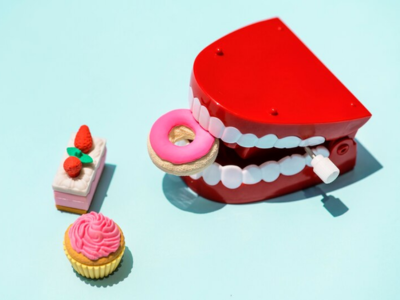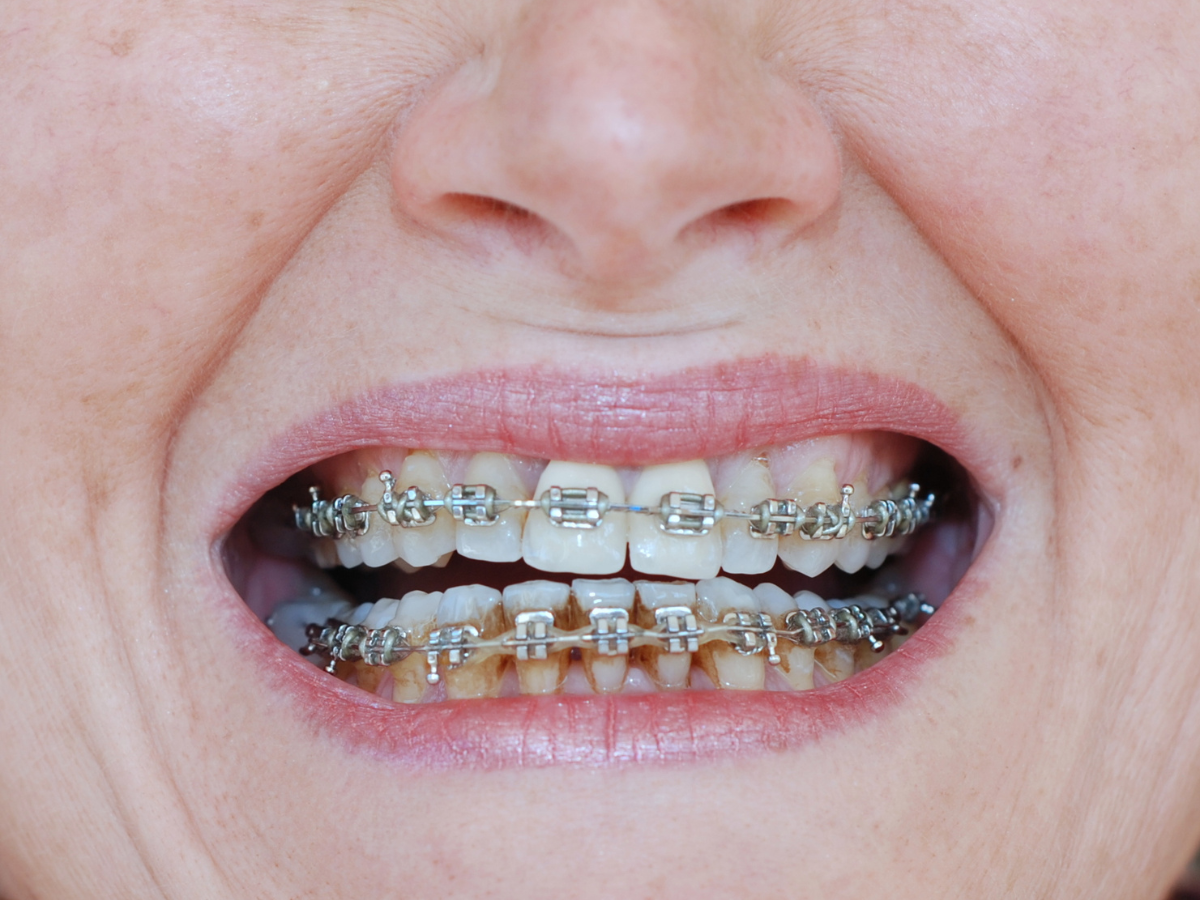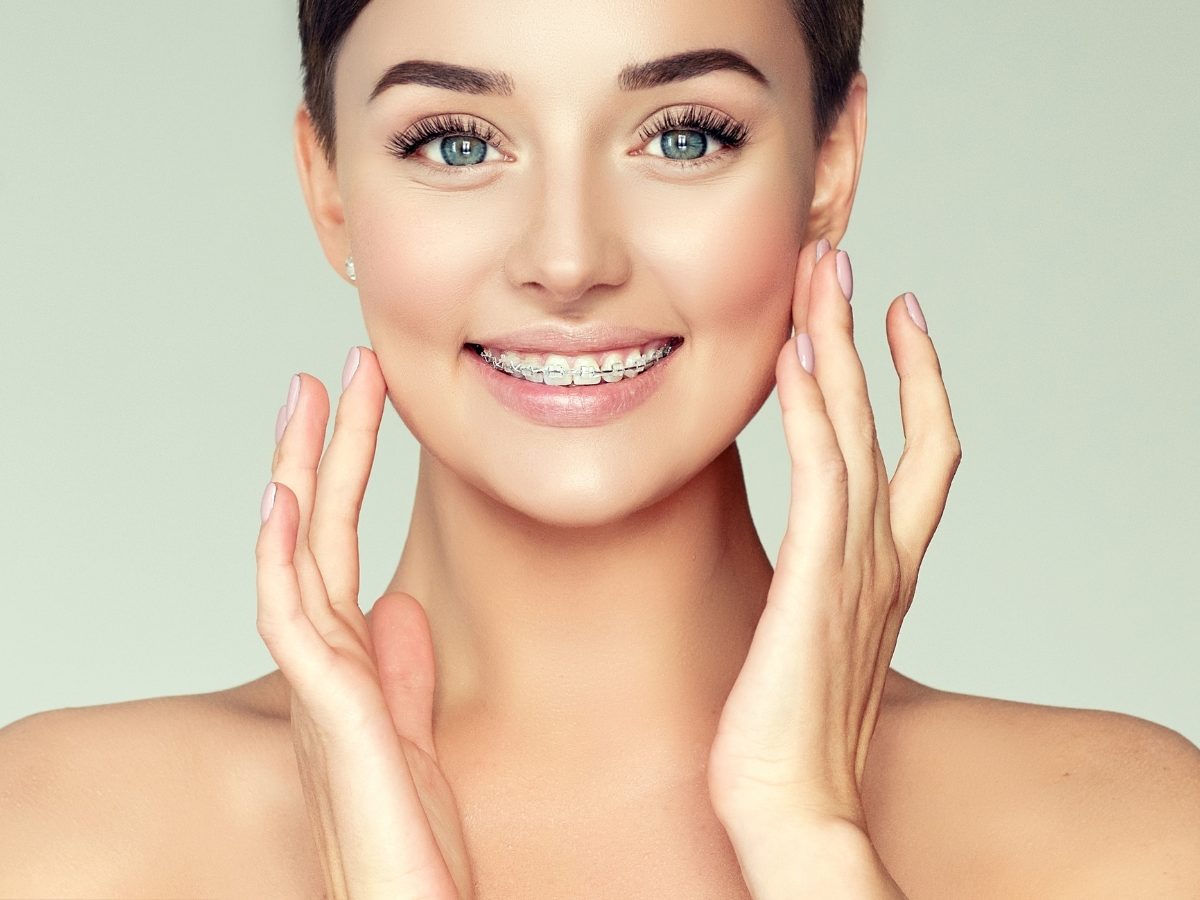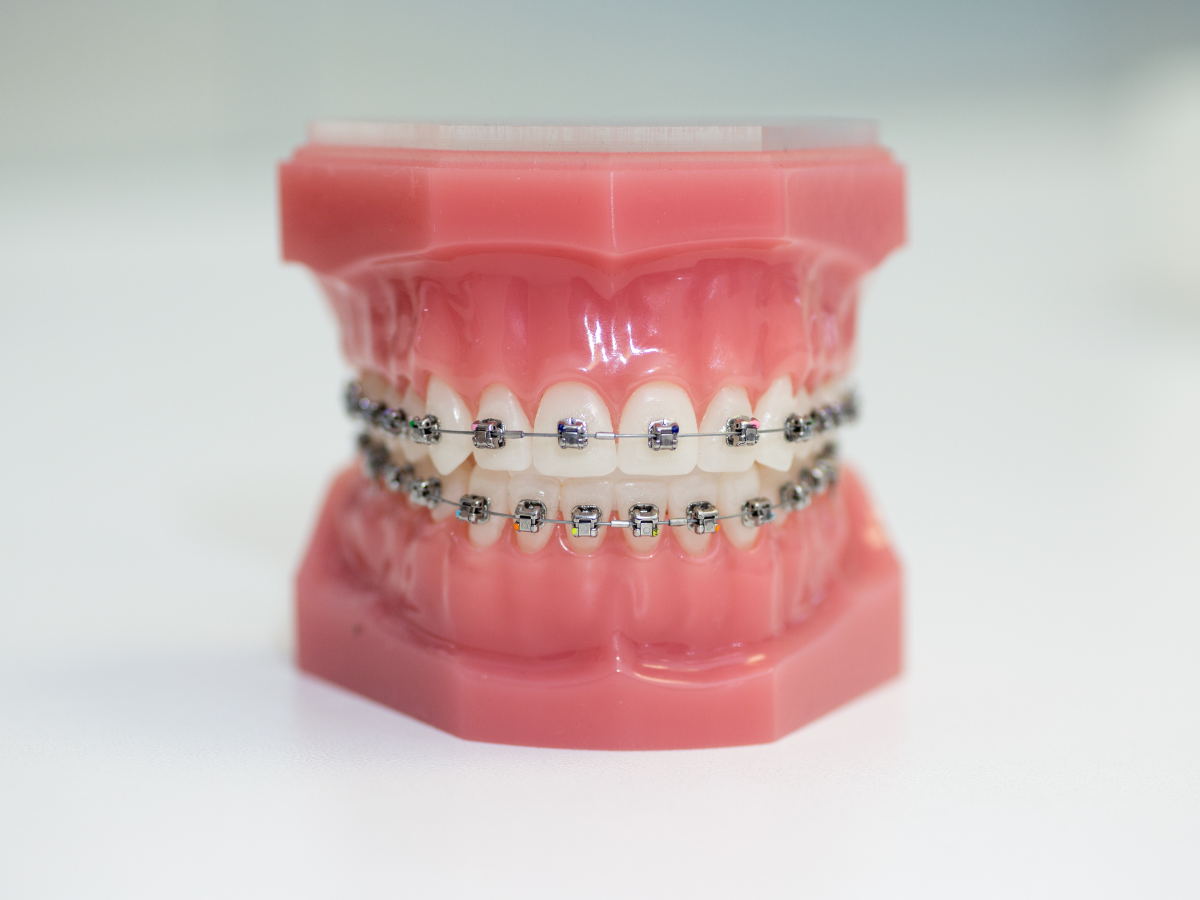Braces are an essential part of many people’s journey to achieving a straight, beautiful smile. While they are a highly effective tool for correcting misaligned teeth, they come with a set of rules and restrictions, particularly when it comes to your diet. Knowing what foods to avoid with braces is crucial to ensure your orthodontic treatment goes smoothly and your teeth stay healthy throughout the process.
The Importance of Diet During Orthodontic Treatment
Maintaining a proper diet while wearing braces is essential for several reasons. First and foremost, it helps protect your braces from damage, which can prolong your treatment and increase costs. Secondly, it ensures that your teeth and gums remain healthy throughout the process. Let’s delve into the key reasons why diet matters when you have braces:
1. Preventing Bracket and Wire Damage
Brackets and wires are the integral components of your braces that help move your teeth into the desired position. Certain foods to avoid with braces can damage these components, leading to painful emergencies and interruptions in your treatment plan. To avoid this, steer clear of foods that are hard, crunchy, or sticky.
2. Maintaining Good Oral Hygiene
Braces can make cleaning your teeth more challenging, increasing the risk of plaque and food particle buildup. A diet rich in sugary and acidic foods to avoid with braces can exacerbate this issue, leading to tooth decay and gum problems.A healthy diet can help you maintain good oral hygiene and prevent complications.
3. Reducing Discomfort
Braces can cause discomfort as your teeth adjust to their new positions. Choosing the right foods to avoid with braces can minimise the pressure and discomfort associated with braces. This can make your orthodontic journey more comfortable and manageable.

Foods to Avoid with Braces: The Complete List
1. Hard Foods:
- Nuts: Almonds, peanuts, and other hard nuts.
- Hard candies: Jolly Ranchers, lollipops, and jawbreakers.
- Hard bread: Bagels, hard rolls, and crusty bread.
- Popcorn: Kernels and unpopped pieces can damage your braces.
- Ice: Chewing on ice cubes is a big no-no.
2. Sticky and Chewy Foods:
- Caramel: Sticky and gooey, it can get lodged in your braces.
- Chewing gum: Regular gum can stick to your braces, making it challenging to clean.
- Toffee: Similar to caramel, it’s sticky and can damage your braces.
3. Crunchy Foods:
- Raw vegetables: While healthy, hard and crunchy veggies like carrots and celery should be cut into small, manageable pieces.
- Apples: Slice them thinly or into small pieces.
- Corn on the cob: Remove the kernels from the cob.
4. Foods High in Sugar and Acid:
- Sodas and sugary drinks: High in sugar and acid, these can contribute to tooth decay.
- Citrus fruits: Oranges, lemons, and grapefruits are acidic and can erode tooth enamel.
- Candies: Avoid candies high in sugar and acid, like sour candies.
5. Tough Meats:
- Steak: While delicious, it can be tough to chew. Opt for softer meats during your orthodontic treatment.
6. Thick and Hard-to-Bite Foods:
- Pizza crust: The hard crust can be challenging to chew. Enjoy the toppings instead.
- Burgers: The thick buns may be difficult to bite into.
7. Foods Requiring Excessive Force:
- Corn on the cob: Requires biting into, which can strain your braces.
- Ribs and chicken wings: These foods to avoid with braces require a strong bite, which can damage your braces.
Useful Diet Tips for Braces
1. Soft Foods are Your Friends
Soft foods are gentle on your braces and easier to eat. Opt for options like mashed potatoes, yogurt, smoothies, and soups.
2. Properly Prepare Your Meals
If you want to enjoy certain foods to avoid with braces like apples or corn, take the time to prepare them in braces-friendly ways. Slice, dice, or cook them to a softer consistency.
3. Maintain Good Oral Hygiene
With braces, it’s crucial to maintain an excellent oral hygiene routine. Brush after every meal, floss regularly, and use an orthodontic toothbrush to clean those hard-to-reach areas.
4. Stay Hydrated with Water
Water is the best beverage for those with braces. It helps rinse away food particles and keeps your mouth clean and hydrated.
5. Choose Alternatives
If you’re craving something crunchy, try softer alternatives like cucumber slices or steamed vegetables. They provide a satisfying crunch without the risk of damaging your braces.
6. Be Mindful of What You Eat
It’s important to be aware of what you’re eating and make conscious choices to protect your braces. Avoid temptation and choose healthier options.
7. Attend Regular Orthodontic Check-ups
Don’t skip your orthodontic appointments. Your orthodontist can make necessary adjustments and address any issues with your braces.
8. Wear a Mouthguard for Sports
If you’re active in sports, consider wearing a mouthguard to protect your braces and teeth from injury.

FAQ’S
Can I eat hard or crunchy foods with braces?
It’s best to avoid hard or crunchy foods to avoid with braces like popcorn, nuts, hard candies, and ice. They can damage the wires and brackets of your braces.
Is it okay to eat sticky or chewy foods?
Sticky and chewy foods to avoid with braces, such as caramel, taffy, and chewing gum, should be avoided because they can get stuck in your braces and make it difficult to clean properly.
Can I eat tough meats with braces?
You can still enjoy meat, but it’s a good idea to cut it into smaller, more manageable pieces to make it easier to chew.
Are there any specific fruits and vegetables I should avoid?
Some raw fruits and vegetables can be difficult to eat with braces, like apples and carrots. You can enjoy them by slicing or cutting them into smaller pieces.
How can I clean my braces properly after eating?
After every meal or snack, it’s essential to clean your braces and teeth thoroughly. Use a soft-bristle toothbrush and be gentle to avoid damaging your braces. You may also need special tools like floss threaders or interdental brushes to clean between wires and brackets.
The long-term advantages of foods to avoid with braces, a beautifully aligned smile and better oral health trump the initial inconvenience of having to forego certain foods.
Keep in mind that during your orthodontic journey, maintaining open communication with your orthodontist is essential.
In addition to offering specific guidance on what foods to avoid with braces, they can modify your treatment plan as needed. Thus, continue practising good oral hygiene, schedule routine examinations, and adhere to dietary recommendations. You’ll soon be able to take in the complete, unhindered beauty of your new smile when your braces are taken off if you work hard and have patience.



